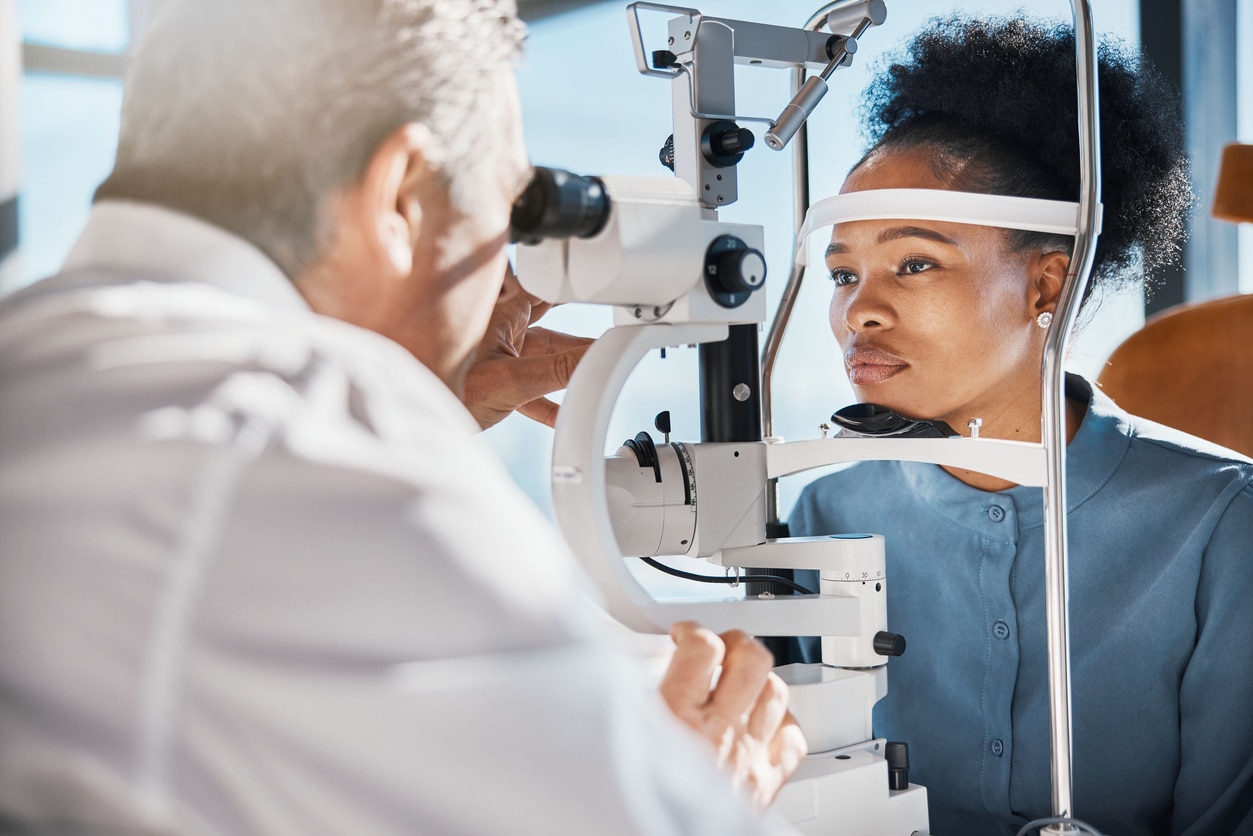All Categories
Featured
Table of Contents

Routine eye assessments are important for maintaining good vision and finding possible eye wellness problems early. The frequency of these tests can differ considerably based on a person's age, lifestyle, and overall wellness. Recognizing the recommended schedule for eye examinations can help make certain that people of any ages get proper care and surveillance for their eye health and wellness.
Newborns and Toddlers (0-2 Years)
For infants and kids, eye tests are important for identifying any potential vision issues early on. The American Academy of Ophthalmology suggests that a kid's first eye exam should take place at around 6 months of age. During this initial see, the eye treatment specialist will evaluate the child's visual development and look for any kind of evident eye concerns.Following this first test, it is suggested that children have an additional eye examination at age three. This browse through will concentrate on analyzing the child's general aesthetic function, consisting of eye placement and the capability to track things. If no concerns are found, the next test must be arranged before the youngster starts school, generally around age five or six.
School-Aged Kids (6-18 Years)
Once children get to school-age child, normal eye exams ought to be arranged every one to 2 years. Vision is vital for learning and growth, and several institutions conduct vision screenings. Nonetheless, these screenings do not change a thorough eye test by an eye care professional.For children associated with sports or activities calling for considerable visual emphasis, annual eye exams may be recommended. In addition, if a kid displays signs of vision issues-- such as trouble reviewing, squinting, or constant frustrations-- a check out to the eye doctor should be set up asap.
Young Grownups (19-39 Years)
Young person generally have less vision adjustments than older age groups, yet routine eye tests remain essential. The general recommendation is to set up an eye exam every 2 years during this duration. People with certain danger variables-- such as a family background of eye disease, diabetic issues, or those who use contact lenses-- should take into consideration annual eye examinations.In addition, those that invest considerable time on digital gadgets might experience electronic eye stress. If symptoms such as dryness, exhaustion, or blurred vision take place, it may be important to see an eye treatment expert sooner.
Grownups (40-64 Years)
As people enter center age, the possibility of establishing vision troubles boosts. Adults aged 40 to 64 need to schedule eye examinations each to 2 years. This age might start to experience presbyopia, an all-natural age-related problem that makes it testing to concentrate on close things. Eye tests can likewise assist find various other typical age-related problems such as glaucoma, cataracts, and macular degeneration.If people in this age have danger factors such as high blood stress or diabetic issues, they may need even more frequent evaluations to monitor their eye health and wellness carefully.
Elders (65 Years and Older)
For senior citizens, regular eye examinations come to be also extra crucial. The American Optometric Association advises that individuals aged 65 and older have an eye test at the very least as soon as a year.Final thought.
Understanding the appropriate routine for eye tests based on age is vital for keeping optimal eye health throughout life. From babies to senior citizens, regular eye exams play a critical role in spotting issues early and making certain that vision stays sharp. By adhering to these standards and seeking advice from an eye treatment expert, people can take positive actions towards preserving their vision and general health and wellness. Whether it's a child's initial browse through or a senior's yearly exam, focusing on eye care is an investment in long-lasting well-being.Table of Contents
Latest Posts
Creating the Perfect Entryway: Custom Doors that Make an Impression
Published Nov 22, 24
1 min read
Transform Your Bath Space with Bath Fitter’s Custom Showers
Published Nov 22, 24
2 min read
Effortless Tub-to-Shower Conversions by Bath Fitter
Published Nov 22, 24
2 min read
More
Latest Posts
Creating the Perfect Entryway: Custom Doors that Make an Impression
Published Nov 22, 24
1 min read
Transform Your Bath Space with Bath Fitter’s Custom Showers
Published Nov 22, 24
2 min read
Effortless Tub-to-Shower Conversions by Bath Fitter
Published Nov 22, 24
2 min read